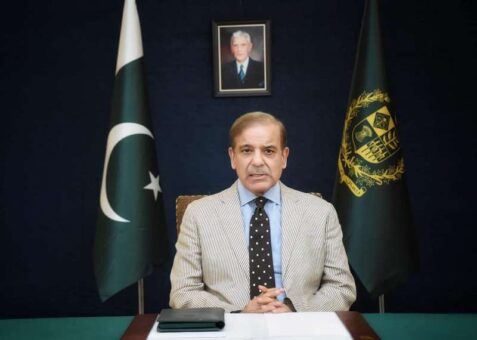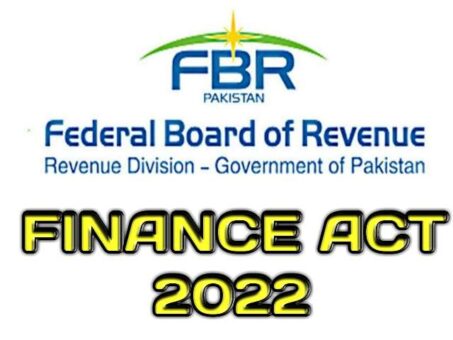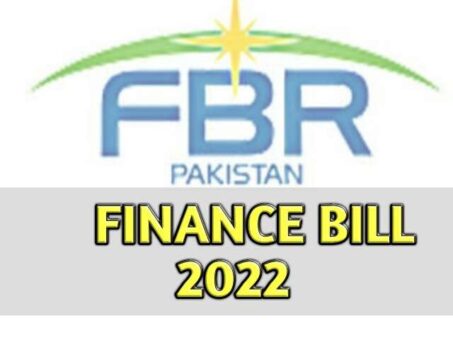ISLAMABAD: Pakistan on Monday revised laws to impose tax on retailers after suspending fixed tax scheme. President Arif Alvi has signed the bill namely Tax Laws (Second Amendment) Ordinance, 2022 to promulgate the revised taxation on the retailers.
Through the immediate ordinance, amendments have been made to Sales Tax Act, 1990 under which retailers are required to pay sales tax through electricity bill.
READ MORE: FBR allows tax refund deducted through electricity bills
The retailers/shopkeepers are now required to pay 5 per cent of the electricity bill is amounting up to Rs20,000.
The rate of tax is not applicable on the Tier-1 retailers as a separate mechanism for charging sales tax is in vogue.
The sales tax rate shall be 7.5 per cent in case the electricity bill is above Rs20,000.
The amendments have been applicable from July 01, 2022. This means the retailers have to pay the tax on their electricity bill issued for the month of July 2022.
A commissioner of Inland Revenue, Federal Board of Revenue (FBR) has been authorized to issue order to the electricity supplier regarding exclusion of a person who is either a Tier-1 retailer or not a retailer.
READ MORE: Pakistan decides to roll back fixed tax scheme
According to the latest ordinance, notwithstanding anything contained in this Act, the Federal Government may, in lieu of or in addition to the tax under sub-section (9), by notification in the official Gazette, levy and collect such amount of tax at such rates and from such date as it may deem fit, from retailers, other than those falling in Tier-1, through their monthly electricity bill, and may also specify the mode, manner or time of payment of such tax:
Provided that different rates or amounts of tax may be specified for different persons or class of persons.
The ordinance also amended Income Tax Ordinance, 2001 and introduced special provision relating to payment of tax through electricity connections.
READ MORE: FTO investigates tax collection through electricity bills
It said that notwithstanding anything contained in the Ordinance, a tax shall be charged and collected from retailers other than Tier-I retailers as defined in the Sales Tax Act, 1990 (VII of 1990) and specified service providers on commercial electricity connections at the rates specified in the income tax general order issued in terms of sub-section (2).
Sub-Section (2): For the purposes of this section, the Federal Government or the Board with the approval of the Minister in-charge pursuant to the approval of the Economic Coordination Committee of the Cabinet may, issue an income tax general order to-
(a) provide the scope, time, payment, recovery, penalty, default surcharge, adjustment or refund of tax payable under this section in such manner and with such conditions as may be specified;
(b) provide the collection of tax on the amount of bill or on any basis of consumption, in addition to or in lieu of advance tax collectible under sub-section (1) of section 235, at such rates or amounts, from such date and with such conditions as may be specified;
READ MORE: Withdrawal of sales tax through electricity bills demanded
(c) provide record keeping, filing of return, statement and assessment in such manner and with such conditions as may be specified;
(d) provide mechanism of collection, deduction and payment of tax in respect of any person;
(e) include or exempt any person or classes of persons, any income or classes of income from the application of this section, in such manner and with such conditions as may be specified; and
(f) provide that tax collected under this section shall in respect of such persons or classes of persons be adjustable, final or minimum, in respect of any income to such extent and with such conditions as may be specified.
The provisions of sub-section (1) of section 235 shall apply to the persons as specified therein unless specifically exempted under the income tax general order issued under sub-section (2).
The provisions of section 100BA and rule 1 of the Tenth Schedule shall not apply to the tax collectible under this section unless specifically provided in respect of the person or class of persons mentioned in the income tax general order issued under sub-section (2).”





